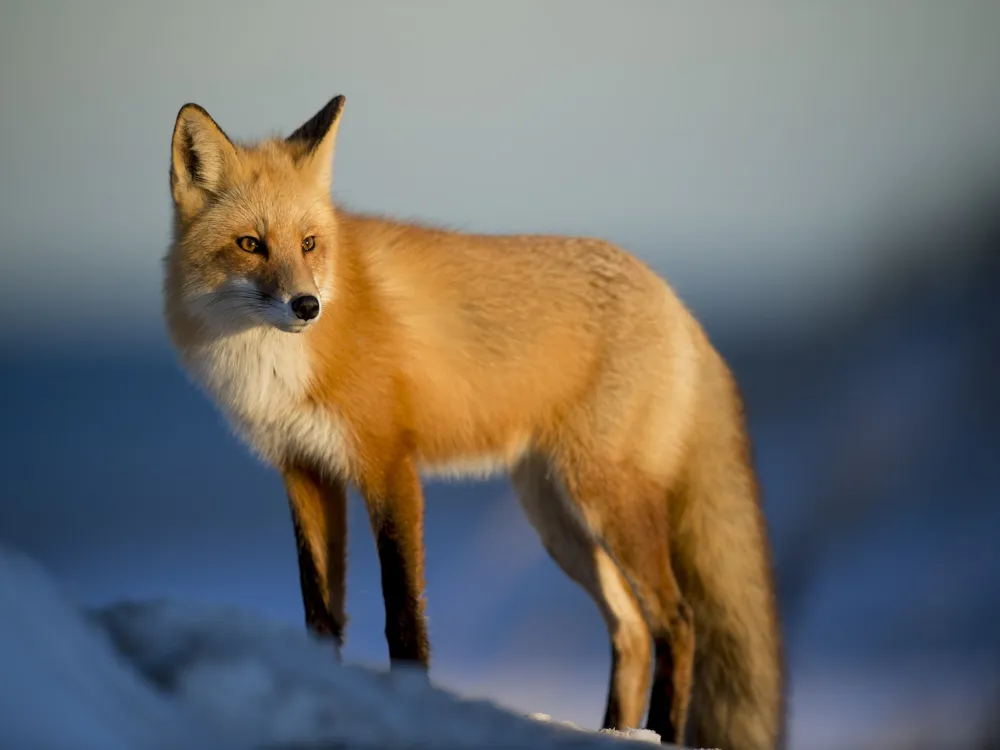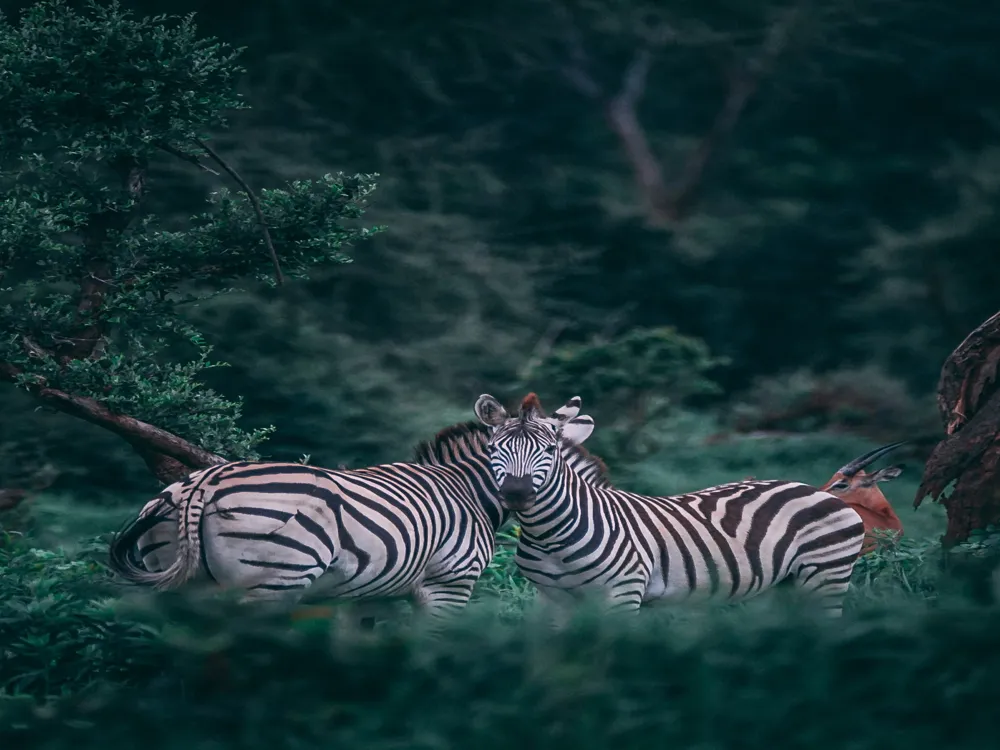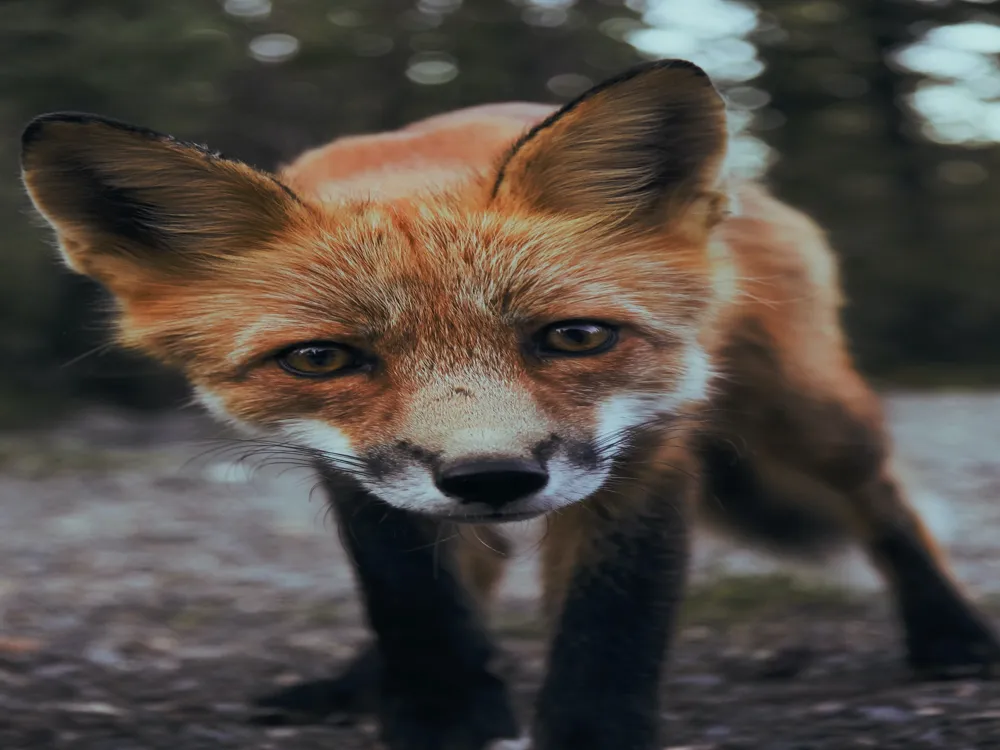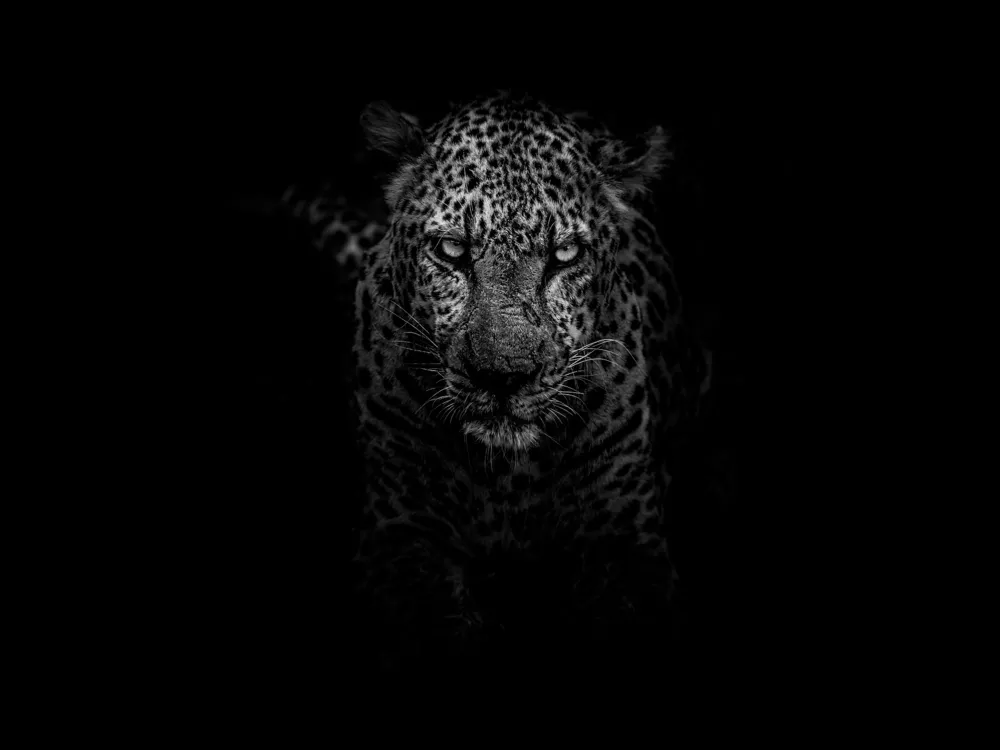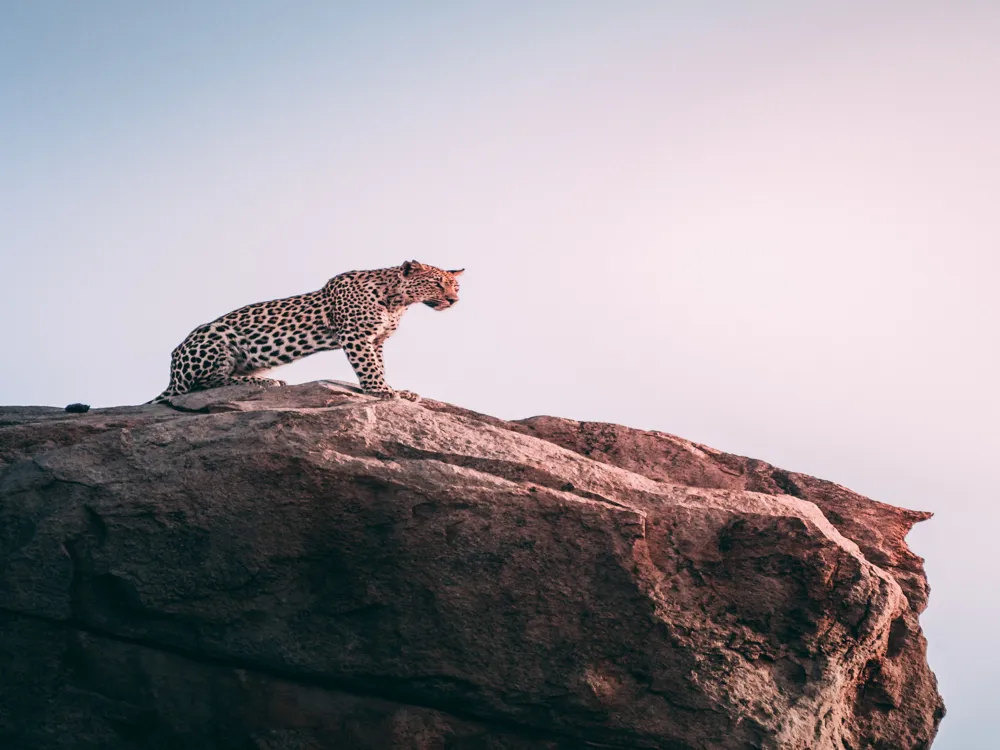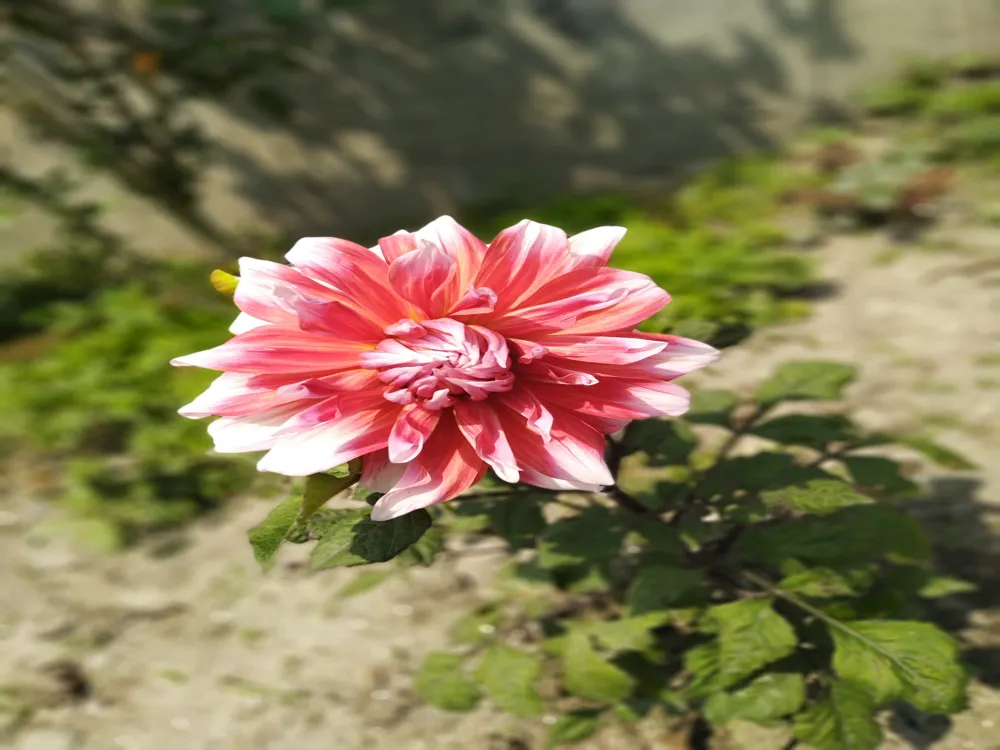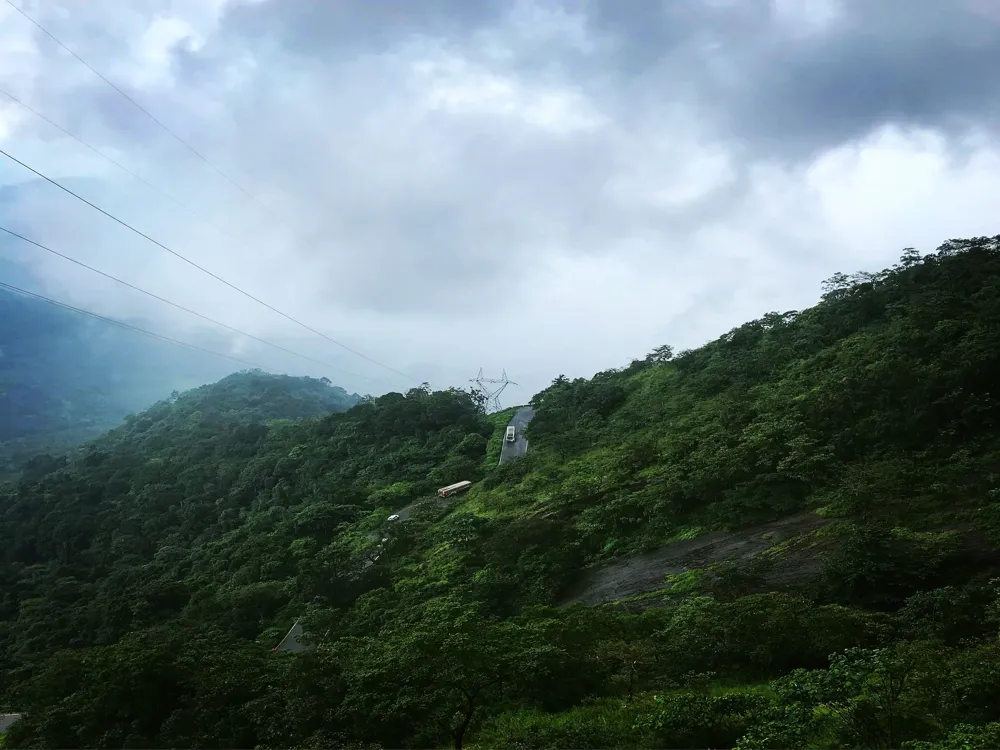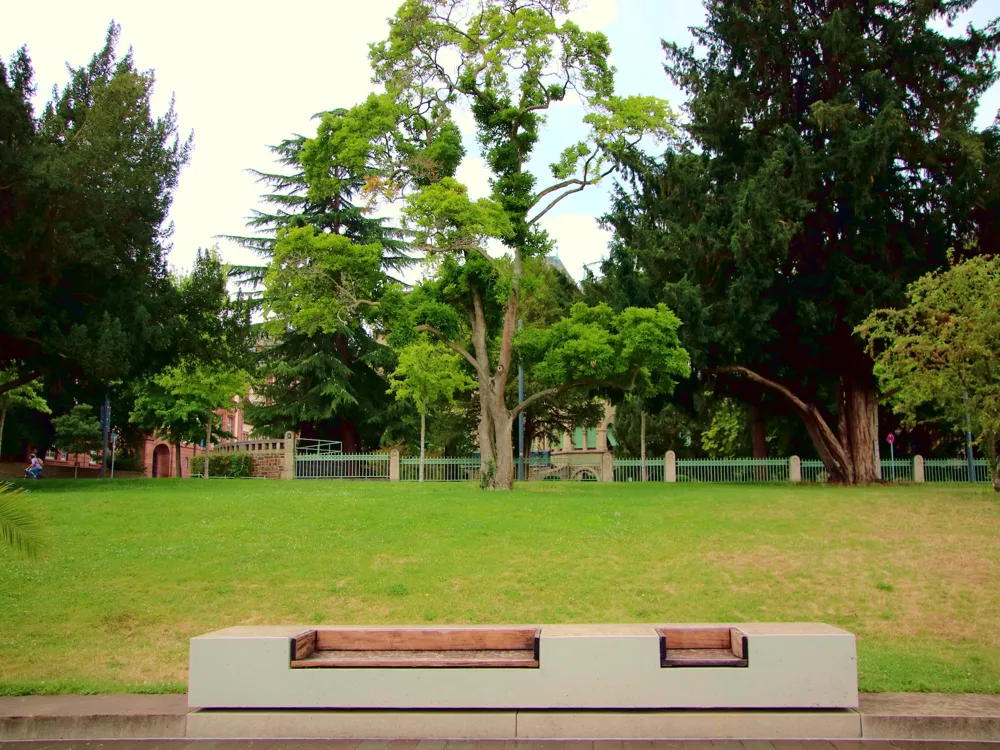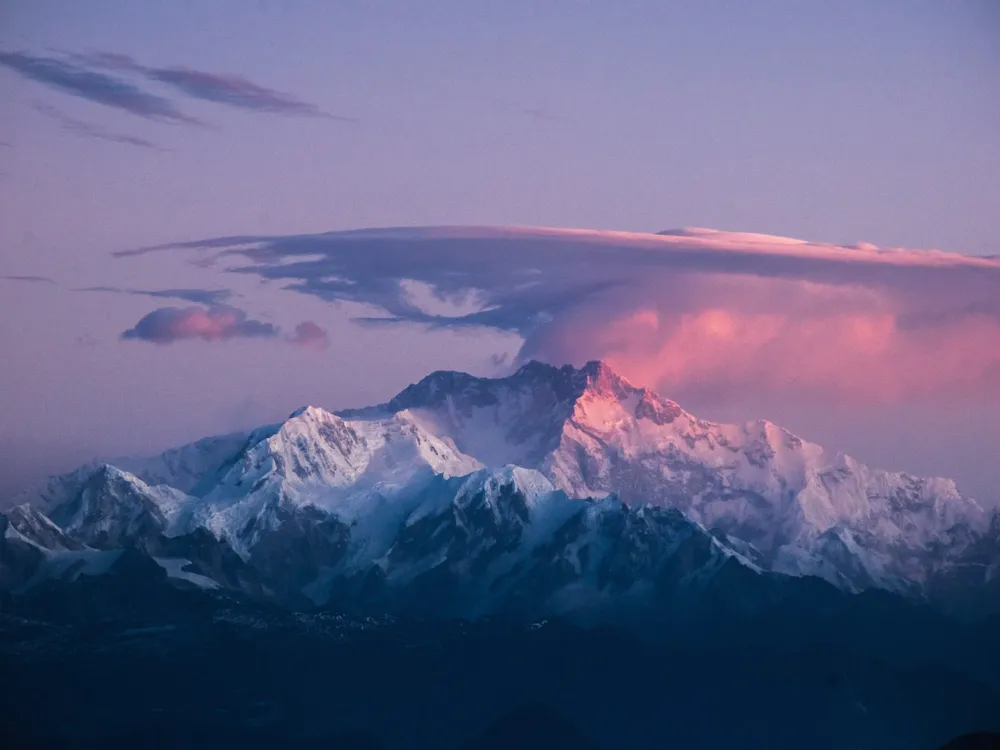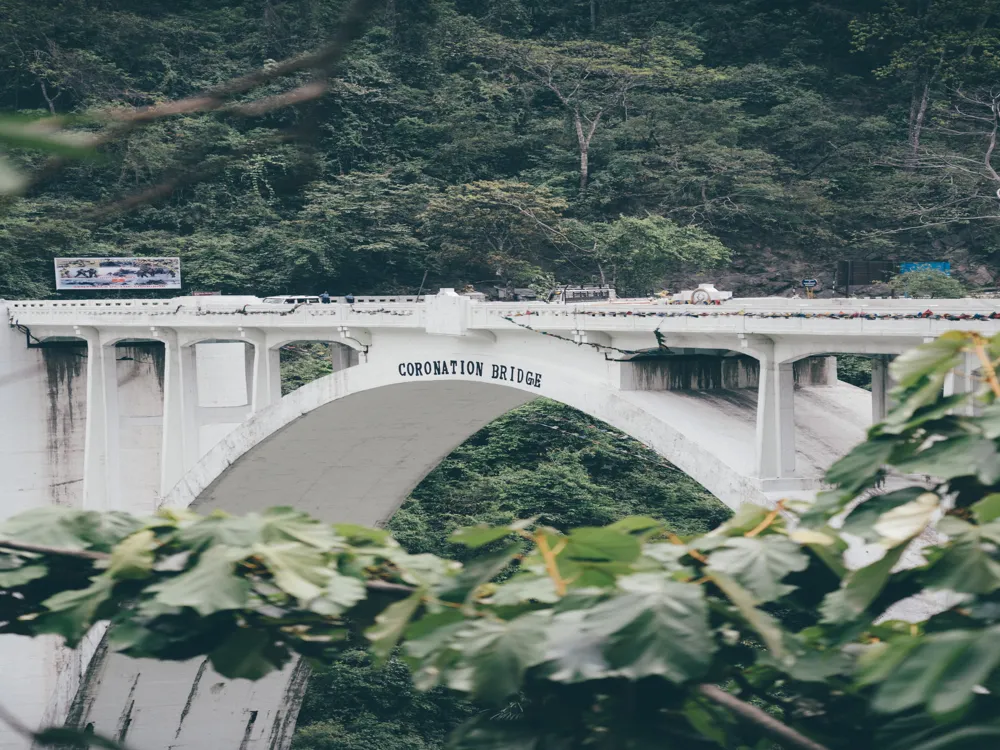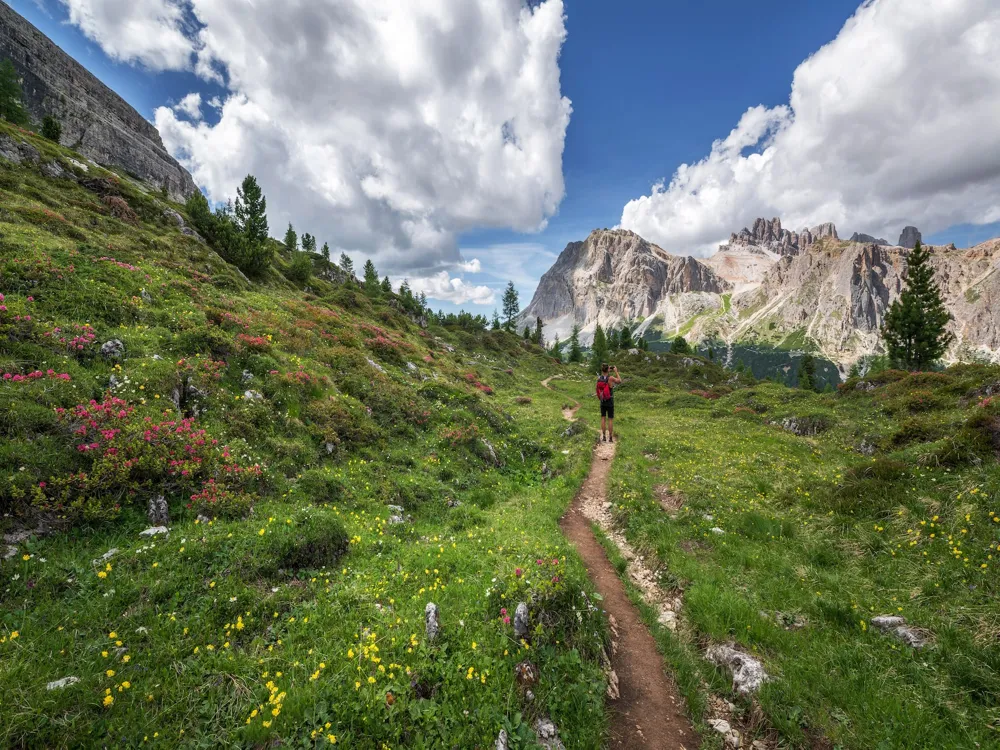Best Time to Visit Jaldapara Wildlife Sanctuary
West Bengal India
33 out of 38 Places to visit in West BengalNaN onwards View Packages
Get Customized PackagesThe Land of Diversity
Top Hotel Collections

Private Pool

Luxury Hotels

5-Star Hotels

Pet Friendly
Best Time To Visit Jaldapara Wildlife Sanctuary: Unveiling Nature's Beauty
Jaldapara Wildlife Sanctuary, nestled in the lap of nature, is a haven for wildlife enthusiasts and nature lovers alike. Exploring this pristine sanctuary is a journey into the heart of the wilderness, but to truly make the most of your visit, timing is crucial. In this comprehensive guide, we unravel the mysteries of the best time to visit Jaldapara Wildlife Sanctuary and provide insights into the various seasons that paint the landscape in unique hues.
More about Best Time to Travel to Jaldapara Wildlife Sanctuary
Travel Peak Season in Jaldapara Wildlife Sanctuary
The peak season at Jaldapara Wildlife Sanctuary is a symphony of nature's finest elements. Running from [mention specific months], this period promises the best wildlife sightings and lush landscapes. The sanctuary comes alive with the vibrant hues of flora and fauna, offering an unparalleled experience for wildlife enthusiasts. The pleasant weather makes it ideal for outdoor activities, and the thrill of spotting the majestic Indian one-horned rhinoceros is at its peak.
Travel Offseason in Jaldapara Wildlife Sanctuary
For those seeking solitude and a unique perspective, the offseason at Jaldapara Wildlife Sanctuary is a hidden gem. From [mention specific months], the sanctuary experiences a quieter period, allowing visitors to immerse themselves in the tranquility of nature. While wildlife sightings may be fewer, the intimate connection with the surroundings is unparalleled. The offseason offers a chance to witness the sanctuary's raw beauty, unobscured by the crowds.
Jaldapara Wildlife Sanctuary Travel Packages
View All Packages For Jaldapara Wildlife Sanctuary
Jaldapara Wildlife Sanctuary in Shoulder Season
The shoulder season, bridging the gap between peak and offseason, presents a delightful fusion of experiences. Spanning [mention specific months], this period offers a balanced blend of wildlife encounters and serene landscapes. The weather is moderate, making it an ideal time for both wildlife safaris and leisurely nature walks. The shoulder season caters to diverse preferences, making it a versatile choice for visitors.
Jaldapara Wildlife Sanctuary in Hot Season
[Specify the months], the hot season unfolds a different charm at Jaldapara Wildlife Sanctuary. While the temperature rises, bringing warmth and a touch of adventure, it's an opportune time for birdwatching. The clear skies and blossoming flora create a picturesque setting, making it an enticing period for nature photographers.
Jaldapara Wildlife Sanctuary in Rainy Season
The rainy season, spanning [mention specific months], transforms the sanctuary into a lush green paradise. The monsoon showers breathe life into the surroundings, rejuvenating the flora and enhancing the overall appeal. Although wildlife sightings may be challenging, the captivating landscape and the soothing sound of raindrops create a unique and enchanting atmosphere.
Jaldapara Wildlife Sanctuary in Cool Season
[Specify the months], the cool season ushers in a refreshing breeze, offering relief from the summer heat. The pleasant weather makes it an ideal time for explorations, and the wildlife is often more active during this period. The cool season provides a comfortable backdrop for a holistic experience, combining adventure and relaxation.
Places To Visit In Jaldapara Wildlife Sanctuary
Nearby Places Jaldapara Wildlife Sanctuary
Jaldapara Wildlife Sanctuary Photos
View All Photos For Jaldapara Wildlife SanctuaryBrowse Package Collections
Browse Hotel Collections
Faq
Q1: What is the best time to visit Jaldapara Wildlife Sanctuary?
A1: The ideal time to visit Jaldapara Wildlife Sanctuary is from October to March when the weather is pleasant, and wildlife sightings are at their best.
Q2: Why is the period from October to March recommended for visiting?
A2: During this time, the weather is cool and comfortable, making it conducive for jungle safaris. The lush greenery and moderate temperatures enhance the overall wildlife experience.
Q3: Are there any specific months to avoid due to adverse weather conditions?
A3: It's advisable to avoid the monsoon season, particularly from June to September, as heavy rainfall may lead to flooding, and wildlife sightings can be challenging.
Q4: Can Jaldapara Wildlife Sanctuary be visited during the summer months?
A4: While it's possible to visit during the summer (April to June), temperatures can be relatively high. Wildlife sightings may be limited as animals tend to seek shade during the hotter parts of the day.
Q5: Are there any special events or festivals during the recommended months?
A5: Jaldapara hosts various wildlife festivals and events during the peak season (October to March), providing visitors with unique opportunities to engage with local culture and conservation efforts.

